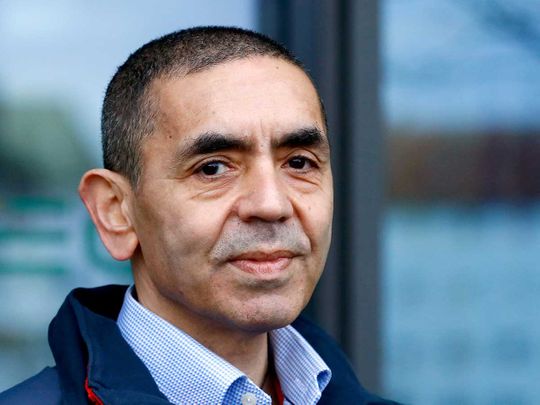
Berlin: Europe can achieve herd immunity against the coronavirus within the next four months, the head of German pharmaceutical company BioNTech, which developed the first widely approved COVID-19 vaccine with US partner Pfizer, said Wednesday.
While the exact threshold required to reach that critical level of immunisation remains a matter of debate, experts say a level above 70% would significantly disrupt transmission of the coronavirus within a population.
“Europe will reach herd immunity in July, latest by August,” Ugur Sahin, BioNTech’s chief executive, told reporters.
His company’s vaccine makes up a large share of the doses administered in Europe and North America, where it is more commonly known as the Pfizer shot.
Sahin said data from people who have received the vaccine show that the immune response gets weaker over time, and a third shot will likely be required.
Studies show the efficacy of the BioNTech/Pfizer vaccine declines from 95% to about 91% after six months, he said.
“Accordingly, we need a third shot to get the vaccine protection back up to almost 100% again” Sahin said. He suggested this should be administered 9-12 months after the first shot.
“And then I expect it will probably be necessary to get another booster every year or perhaps every 18 months again,” he said.
Sahin voiced confidence that the vaccine works against the Indian variant of the coronavirus.
“We are still testing the Indian variant, but the Indian variant has mutations that we have already tested for and which our vaccine works against, so I am confident,” said Sahin.
“The vaccine is cleverly built and I’m convinced the bulwark will hold. And if we have to strengthen the bulwark again, then we will do it, that I’m not worried about,” he added.








